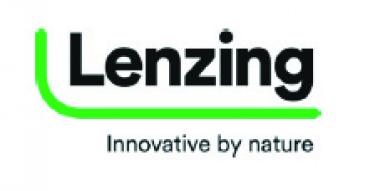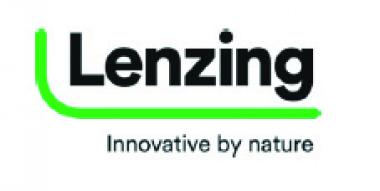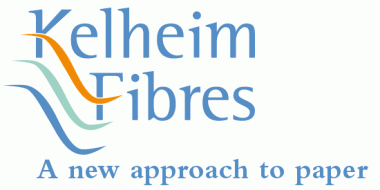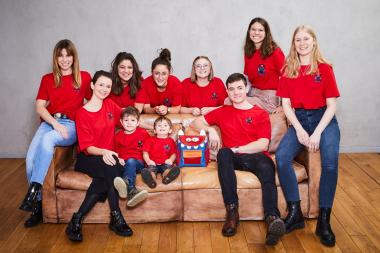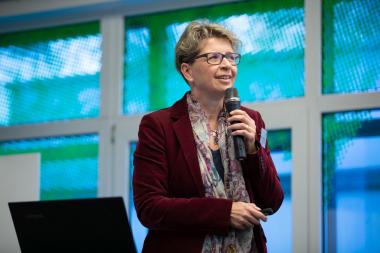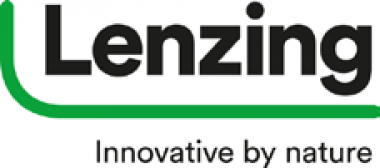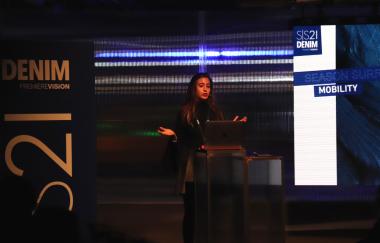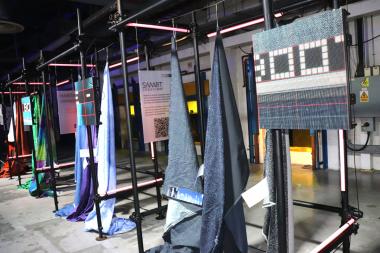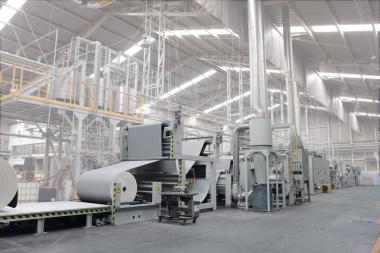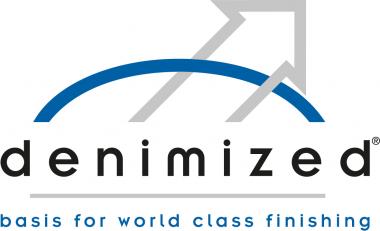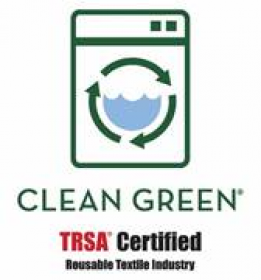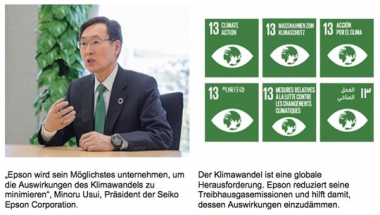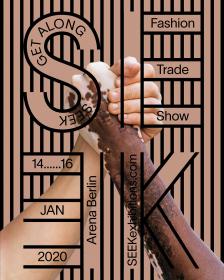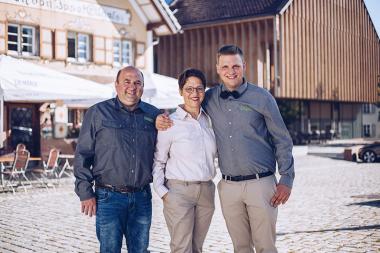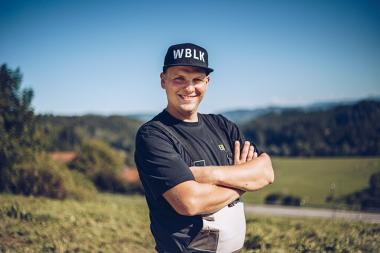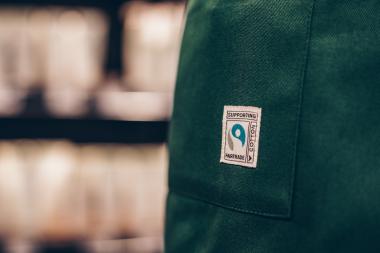Zweite Pilotanlage für TENCEL™ Luxe Filamente fertiggestellt
Die Lenzing Gruppe hat die im Mai 2018 angekündigte zweite Pilot-Fertigungslinie für ihr innovatives Filamentgarn TENCEL™ Luxe fertiggestellt. Der Bau der Anlage, für den am Standort Lenzing EUR 30 Mio. investiert wurden, konnte nach 20 Monaten intensiver Arbeit innerhalb des geplanten Zeit- und Budgetrahmens abgeschlossen werden. Mit der neuen Pilot-Fertigungslinie, die Mitte Dezember den Betrieb aufnahm, sind nun ausreichend Kapazitäten für kommerzielle Programme und weitere Applikationsentwicklungen verfügbar.
Innovation im Eco-Couture-Segment
Mit TENCEL™ Luxe verankert Lenzing das Thema Nachhaltigkeit, kombiniert mit besonderer Ästhetik, im Premium-Luxusmarkt. Die Eigenschaften des feinen Filamentgarns sind wegen des luftigen Tragegefühls und matten Schimmers am besten mit denen von Seide vergleichbar. Gleichzeitig besticht TENCEL™ Luxe durch eine besondere Festigkeit und eine hohe Umweltverträglichkeit.
„TENCEL™ Luxe eröffnet für Lenzing neue Märkte und trägt damit zur erfolgreichen Umsetzung ihrer Unternehmensstrategie sCore TEN bei.
(c) Lenzig Gruppe


